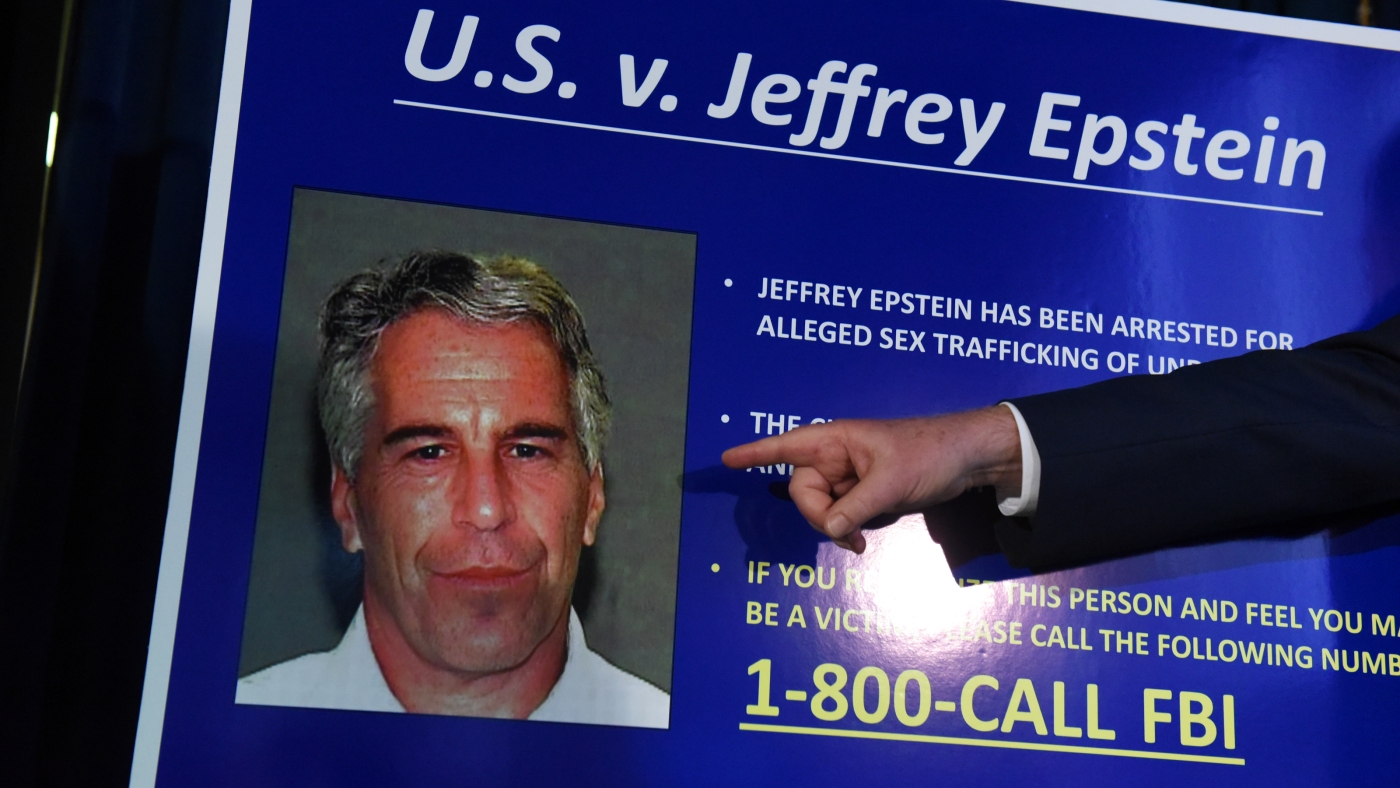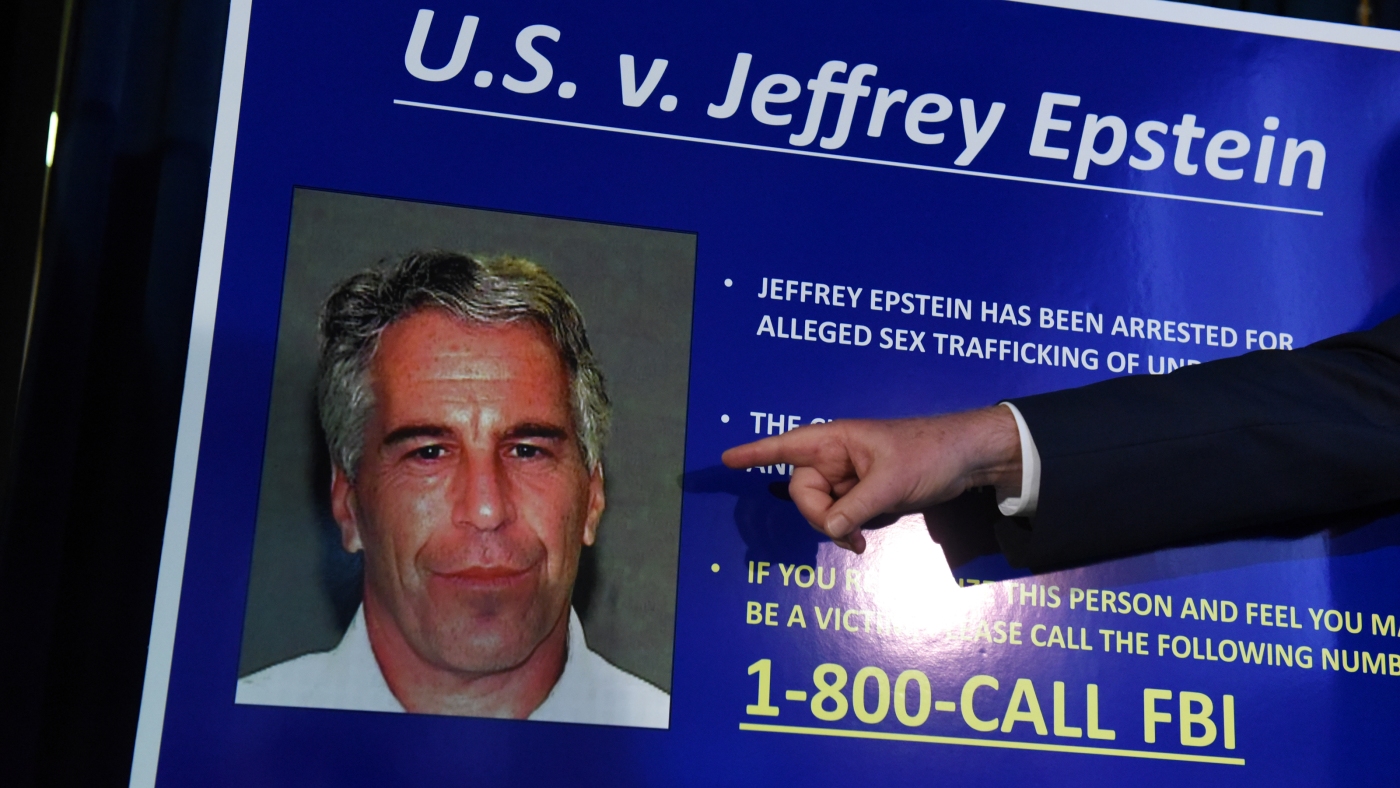The Unsealed Truth? A Deep Dive into the Epstein Grand Jury Transcript Saga
Introduction
The legal saga surrounding Jeffrey Epstein’s crimes has taken another twist, with the recent denial of a request to unseal grand jury transcripts related to his case. This decision has reignited a fierce debate about transparency, justice, and the potential repercussions of making these documents public. The Department of Justice (DOJ), a Florida judge, and even former President Trump have all been drawn into this complex issue, each navigating the murky waters of secrecy and accountability.
A Request Denied: The Florida Ruling
A federal judge in Florida recently denied the DOJ’s request to unseal grand jury transcripts connected to the Epstein investigation. This ruling is a significant setback for those advocating for transparency, as it suggests that legal constraints prevent the release of these documents in Florida. The judge’s statement that their “hands are tied” underscores the legal complexities involved in unsealing such sensitive materials.
The Push for Transparency: Why Unseal the Transcripts?
Advocates for unsealing the grand jury transcripts argue that transparency is essential for several reasons:
Exposing Potential Co-conspirators
The transcripts may reveal the names of individuals who facilitated or participated in Epstein’s sex trafficking operation. Unsealing them could lead to further investigations and potential prosecutions, ensuring that those involved are held accountable.
Holding Institutions Accountable
The transcripts might shed light on any failures or oversights by law enforcement, government agencies, or other institutions that allowed Epstein’s crimes to continue for so long. This accountability is crucial for preventing similar abuses in the future.
Providing Closure for Victims
For the survivors of Epstein’s abuse, access to the transcripts could offer a sense of closure by revealing the extent of his crimes and the involvement of others. This transparency could also help victims in their healing process.
Restoring Public Trust
The Epstein case has eroded public trust in the justice system. Unsealing the transcripts could demonstrate a commitment to transparency and accountability, helping to restore faith in the system.
The Case for Secrecy: Protecting Privacy and Due Process
Despite the compelling arguments for transparency, there are valid reasons to keep grand jury transcripts sealed:
Protecting the Privacy of Witnesses
Grand jury testimony often involves sensitive and personal information. Unsealing the transcripts could expose witnesses to harassment, intimidation, or even physical harm, which could deter future witnesses from coming forward.
Preserving the Presumption of Innocence
The transcripts may contain accusations against individuals who have not been charged with a crime. Releasing this information could unfairly damage their reputations and livelihoods, violating their right to due process.
Protecting Ongoing Investigations
If there are ongoing investigations related to Epstein’s crimes, unsealing the transcripts could compromise those investigations by alerting potential targets and allowing them to destroy evidence or alter their testimony.
Maintaining the Integrity of the Grand Jury Process
Grand jury proceedings are designed to be confidential to encourage witnesses to testify freely without fear of retribution. Unsealing transcripts could undermine this process in future cases, making it harder to secure honest testimony.
The Trump Administration’s Role: A Complex Motivation
The Trump administration’s involvement in the push to unseal the Epstein transcripts adds another layer of complexity to the situation. While the stated goal was transparency, some critics suggest that the administration may have had other motivations:
Political Maneuvering
Some speculate that the Trump administration sought to use the release of the transcripts to damage political opponents or distract from other issues, potentially leveraging the case for political gain.
Appeasing Supporters
Trump’s base, which includes many who are deeply concerned about issues of child sex trafficking, may have pressured the administration to take action on the Epstein case, leading to the push for transparency.
Genuine Desire for Justice
It is also possible that the administration genuinely believed that unsealing the transcripts was the right thing to do in the interest of justice and transparency, reflecting a commitment to accountability.
The Legal Hurdles: Why is it so Difficult to Unseal Grand Jury Transcripts?
Grand jury proceedings are traditionally held in secret to encourage witnesses to testify freely without fear of retribution and to protect the reputations of those who are investigated but not charged. This secrecy is codified in law and court rules, making it difficult to unseal grand jury transcripts.
To overcome these legal hurdles, proponents of unsealing the transcripts must demonstrate a “compelling need” that outweighs the reasons for maintaining secrecy. This is a high bar to clear, and it often requires a showing that the public interest in disclosure outweighs the privacy interests of witnesses and the integrity of the grand jury process.
The Ongoing Battle: What’s Next for the Epstein Case?
Despite the setback in Florida, the fight to unseal the Epstein grand jury transcripts is far from over. The DOJ has pursued similar requests in New York, and the issue is likely to continue to be litigated in the courts.
Furthermore, pressure from the public and advocacy groups may continue to mount, pushing lawmakers to consider legislative changes that would make it easier to unseal grand jury transcripts in cases of significant public interest.
Unveiling the Truth: The Path Forward
Ultimately, the decision of whether or not to unseal the Epstein grand jury transcripts will have profound implications for the victims, the legal system, and the public’s understanding of this horrific case. While the arguments for transparency are compelling, the need to protect individual privacy and the integrity of the legal process cannot be ignored. The balance between these competing interests will determine whether the full truth about Epstein’s crimes will ever be revealed.
The ongoing battle over these transcripts highlights the tension between transparency and secrecy in the justice system. As the legal process unfolds, it is crucial to weigh the potential benefits of disclosure against the risks to privacy and due process. Only then can a fair and just outcome be achieved, one that serves the interests of justice and the public good.








